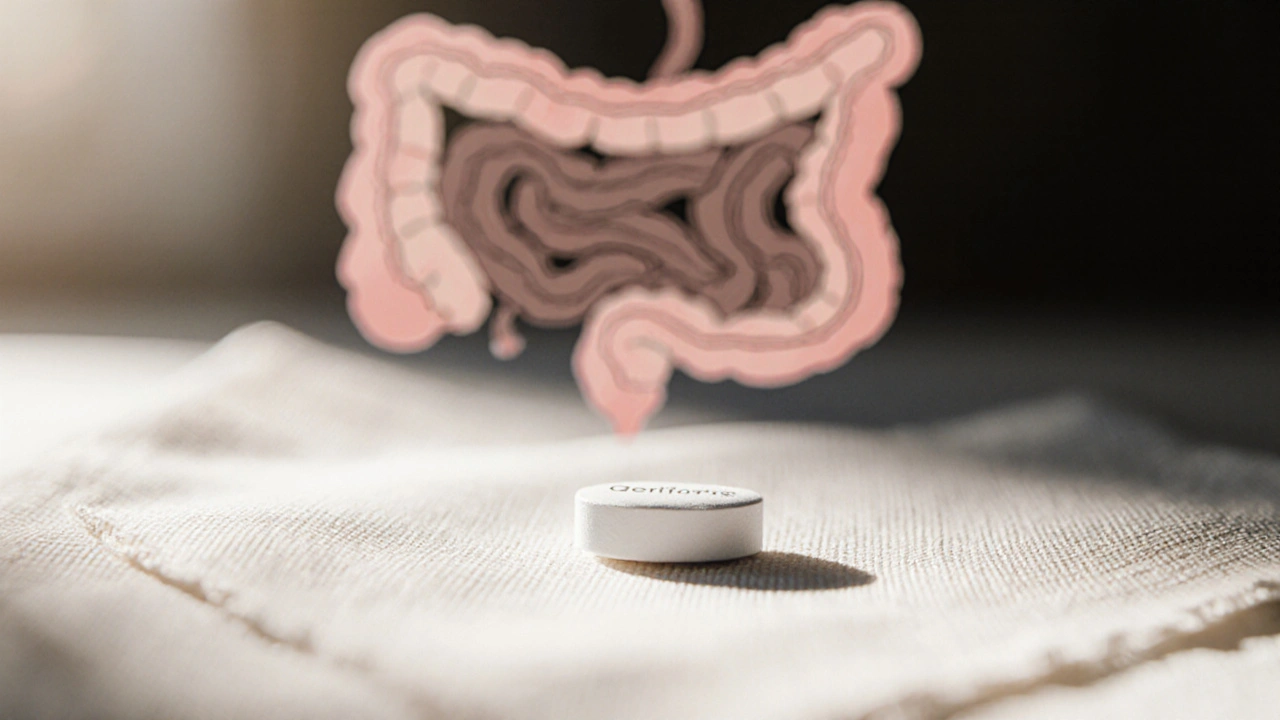Living with ulcerative colitis (UC) means you’ll hear a lot about pills, shots, and infusions. The good news is there are several drug families that can calm inflammation, keep you in remission, and let you enjoy daily life again. Below is a quick rundown of the main options, how they act, and what to watch for.
5‑ASA (mesalamine) drugs are usually the first line. They come as tablets, capsules, or rectal suppositories and work right inside the colon to reduce mild‑to‑moderate inflammation. Most people start here because side‑effects are modest and they’re easy to take.
Corticosteroids such as prednisone are powerful anti‑inflammatories used for flare‑ups that don’t respond to 5‑ASA. They act fast, but you only want them short term because long‑term use can raise blood pressure, blood sugar, and bone loss.
Immunomodulators (azathioprine, 6‑mercaptopurine, methotrexate) calm the immune system over weeks to months. They’re useful when you need to stay in remission after steroids or when 5‑ASA isn’t enough. Blood tests are needed to keep an eye on liver function and blood counts.
Biologics are the newest players. TNF‑alpha blockers (infliximab, adalimumab) and newer agents like ustekinumab or vedolizumab target specific immune pathways. They’re given by injection or infusion and work well for moderate‑to‑severe disease or when other drugs fail.
Deciding which medication fits you depends on disease severity, location in the colon, and personal health history. If your symptoms are mild and confined to the rectum, a 5‑ASA suppository might be enough. When you have extensive colon involvement or frequent flare‑ups, doctors often move to immunomodulators or biologics.
Cost and insurance coverage also matter. Some biologics have biosimilar versions that are cheaper but work the same. Talk to your pharmacist about patient‑assistance programs if price is a barrier.
Side‑effects differ by class. 5‑ASA can cause mild nausea or headache. Steroids bring weight gain, mood swings, and higher infection risk. Immunomodulators might lower blood cell counts, so regular labs are a must. Biologics can increase infection risk, especially respiratory or skin infections, so you’ll need vaccinations before starting.
Monitoring is key. Keep a symptom diary, note any new pain, fever, or changes in stool, and share them with your doctor. Blood work and colonoscopies help track inflammation and catch complications early.
When you notice worsening pain, persistent diarrhea, blood in stool, or fever, reach out to your gastroenterologist right away. Early intervention can prevent a severe flare and a possible hospital stay.
In short, ulcerative colitis medication isn’t one‑size‑fits‑all. Starting with 5‑ASA, moving to steroids for quick control, adding immunomodulators for long‑term stability, and turning to biologics for tougher cases gives a step‑wise path to remission. Stay proactive, ask questions, and keep an eye on side‑effects—your gut will thank you.

A detailed comparison of Geriforte with other ulcerative colitis drugs, covering dosing, side effects, costs, and how to choose the right treatment.
read more